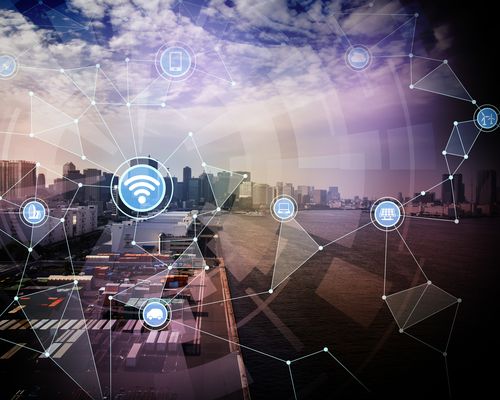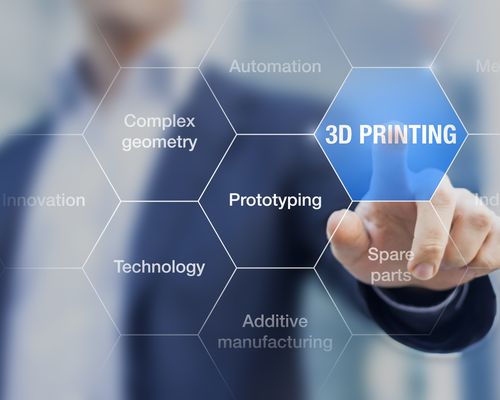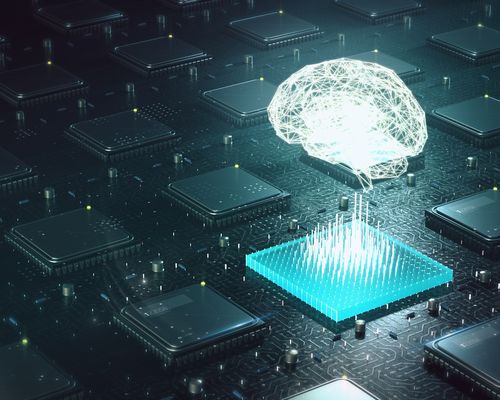Celebrating software advancements in port operations, healthcare, and additive manufacturing
The ITEA Software Awards of Excellence celebrate outstanding achievements in software innovation across diverse fields.
In a world where technology continuously reshapes the way we live and work, software innovations stand as the architects of progress. The ITEA Software Awards of Excellence are an annual celebration of the remarkable achievements in the software development landscape. We were there, in Berlin. Here are the three outstanding winners of this year.
Smart ports worldwide
Port digitalization is just getting started, but I2PANEMA is on a mission to supercharge it with IoT. Their goal: To make ports smarter, greener, and more efficient. The project develops a range of IoT applications tailored to the specific needs of ports worldwide. These applications tackle various challenges, such as environmental monitoring, noise reduction, real-time tracking, and more.
For example, currently, the project is rolling out an advanced real-time parking management system at the Port of Dortmund. Furthermore, the project implements real-time tracking and logistics management within ports, streamlining the movement of goods and eliminating bottlenecks. The project also boosts security with cutting-edge IoT technologies, enhancing surveillance, threat detection, and rapid incident response.
Revolutionizing healthcare with AI
In a world where Artificial Intelligence (AI) is becoming increasingly integral to our daily lives, the need for robust verification and validation of AI systems has never been more critical. The IVVES project led by Philips focuses on precisely this challenge. Its mission is to develop AI-driven approaches that verify and validate embedded AI in evolving systems. The project covers various aspects of the process, like data operations and AI model development.
The project’s impact extends across multiple industries, including healthcare, cybersecurity, transportation, finance, and industry automation. One noteworthy example is in the healthcare sector, where IVVES has made significant strides in enhancing the quality and speed of MRI imaging. AI-powered solutions like Philips SmartSpeed leverage AI algorithms to deliver faster, motion-free images, even in the presence of challenging factors such as patient restlessness or implants.
Next level additive manufacturing
Software innovations are also rapidly transforming the additive manufacturing industry. SAMUEL aims to make an AM knowledge base that can assist an engineer or business developer in all major AM steps. This will empower industries by leveraging historical data and cutting-edge AI technologies to create applications that enhance the additive manufacturing process.
The project focuses on two fundamental pillars: geometric search and artificial intelligence. AI is the driving force behind SAMUEL’s transformative applications. Geometric search involves using a 3D model as a search query to find similar models. Unlike traditional text or image-based searches, geometric search understands the structure of 3D objects. This approach is invaluable when identifying parts with similar characteristics and manufacturing processes.
The project has developed ten groundbreaking applications that address various challenges in additive manufacturing. One is anomaly detection: Real-time monitoring of the printing process to detect and classify anomalies, ensuring the quality and reliability of parts. Another one is the Part Identification Automation: SAMUEL automates the identification of parts in a print plateau, saving time and streamlining the manufacturing process.
Other publications
- This article is also available in Dutch.




